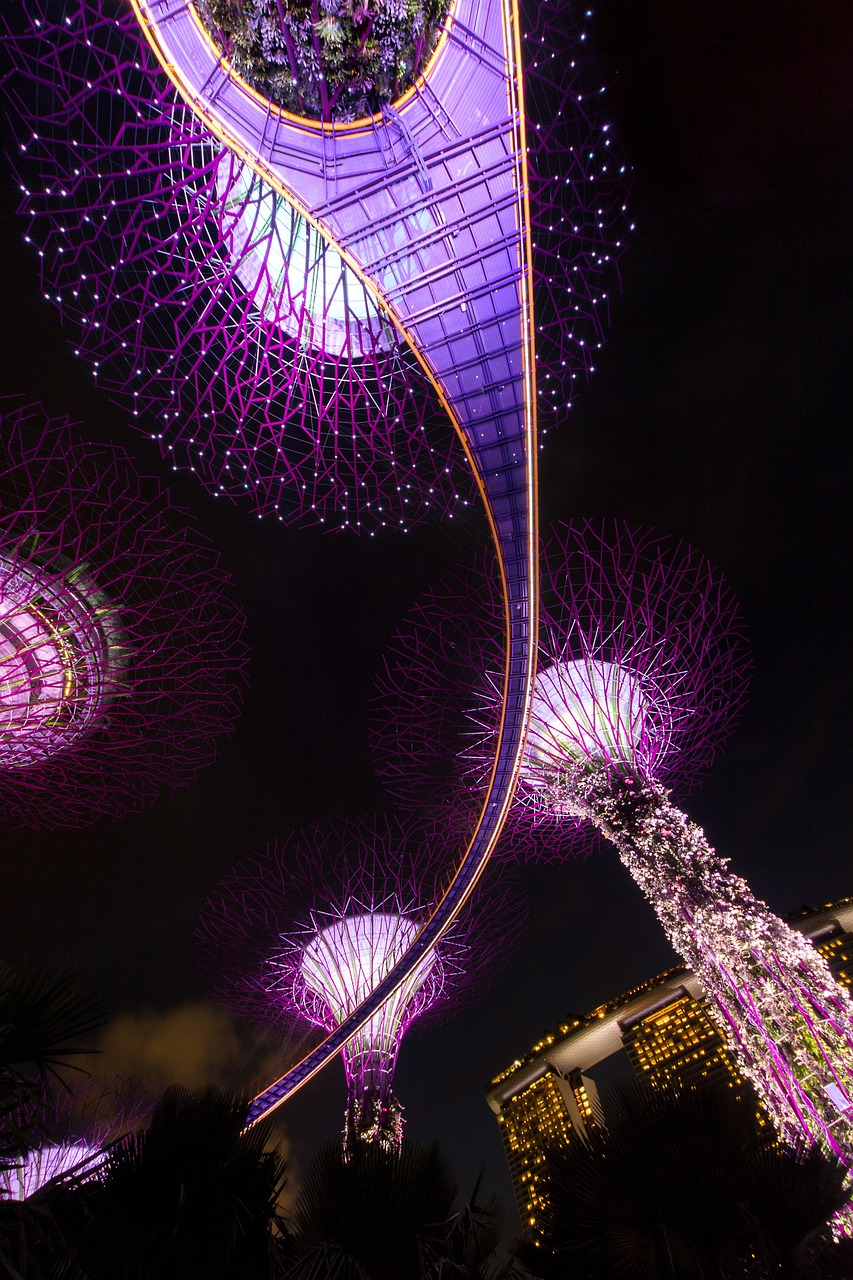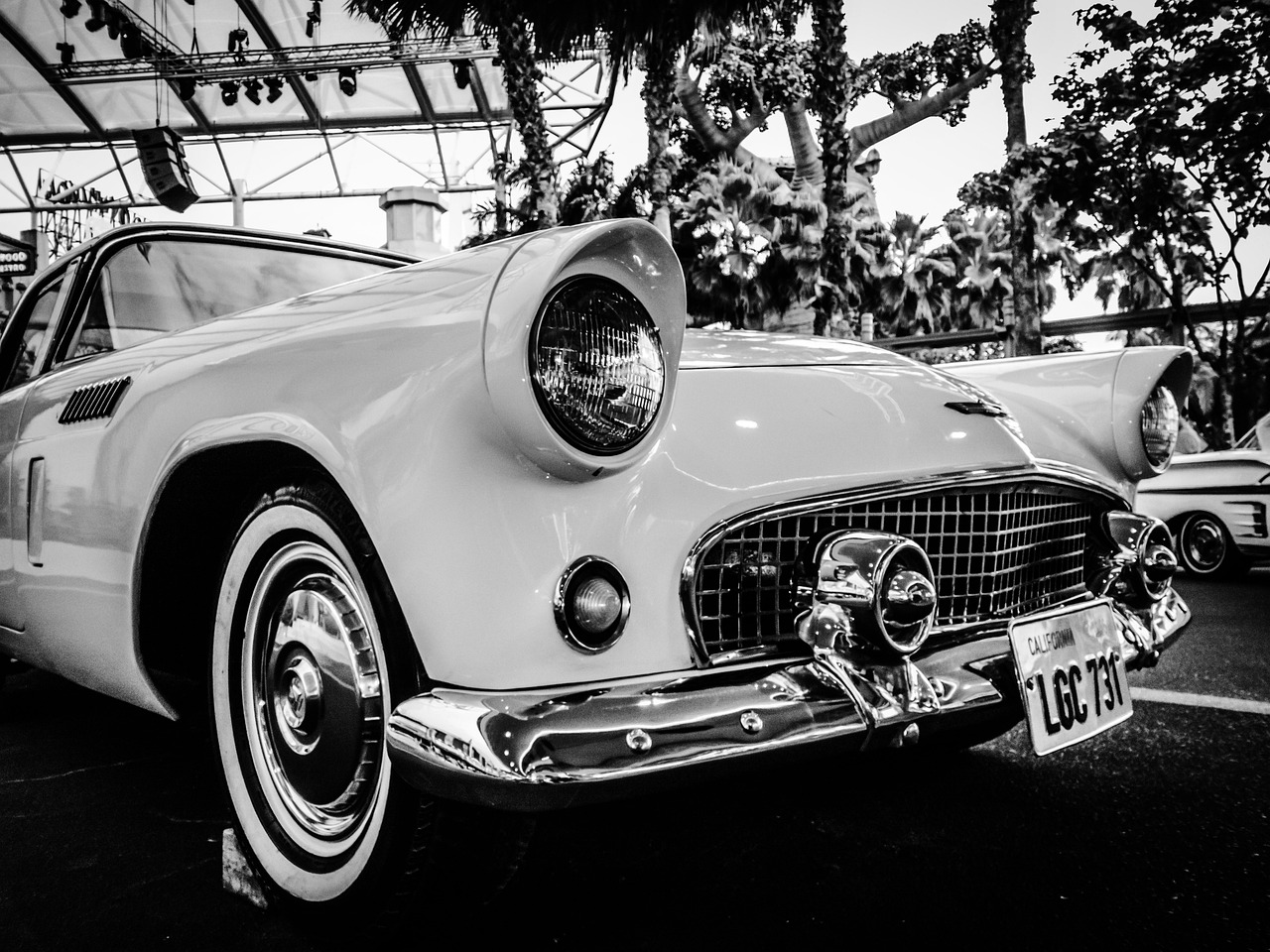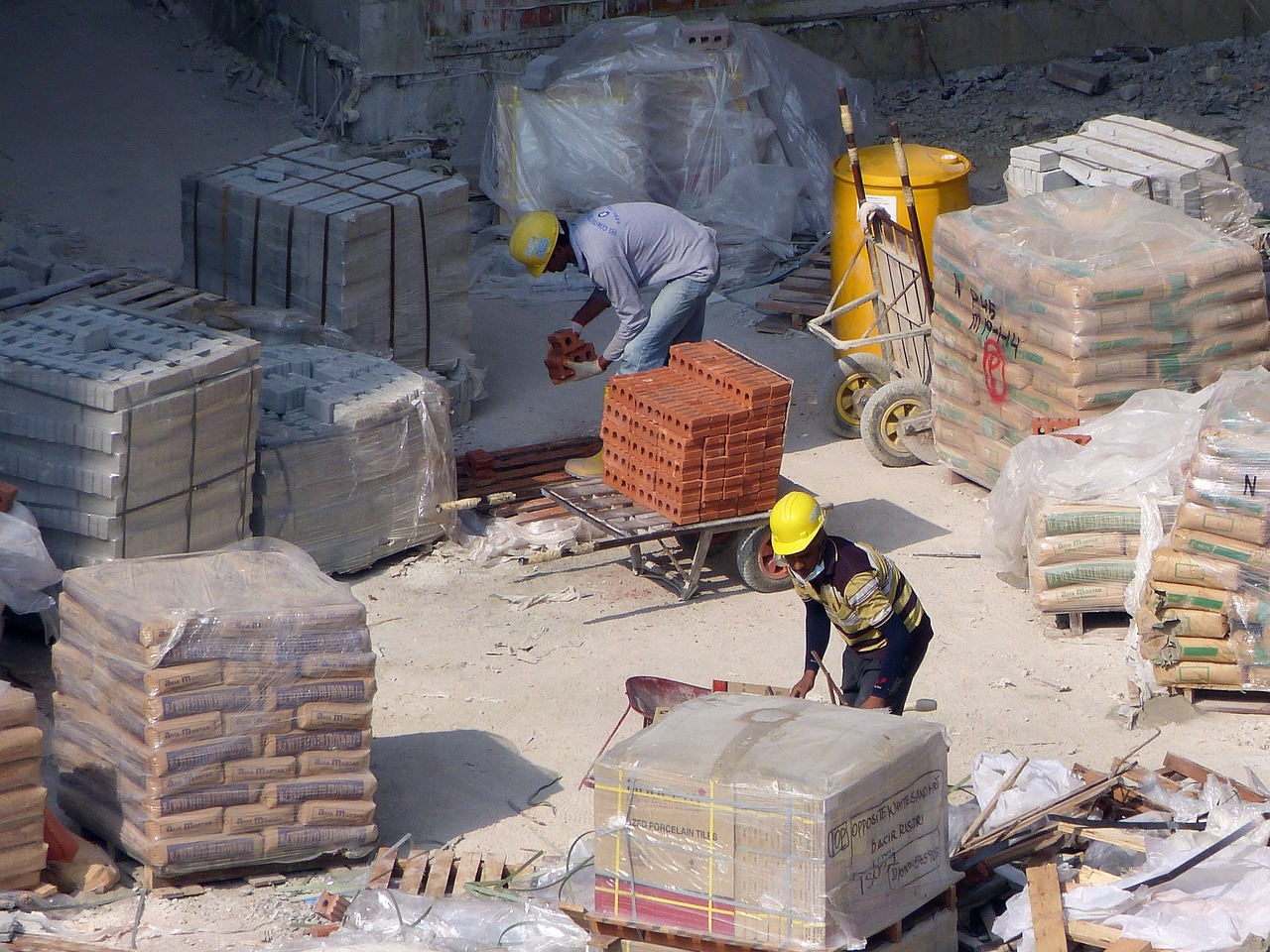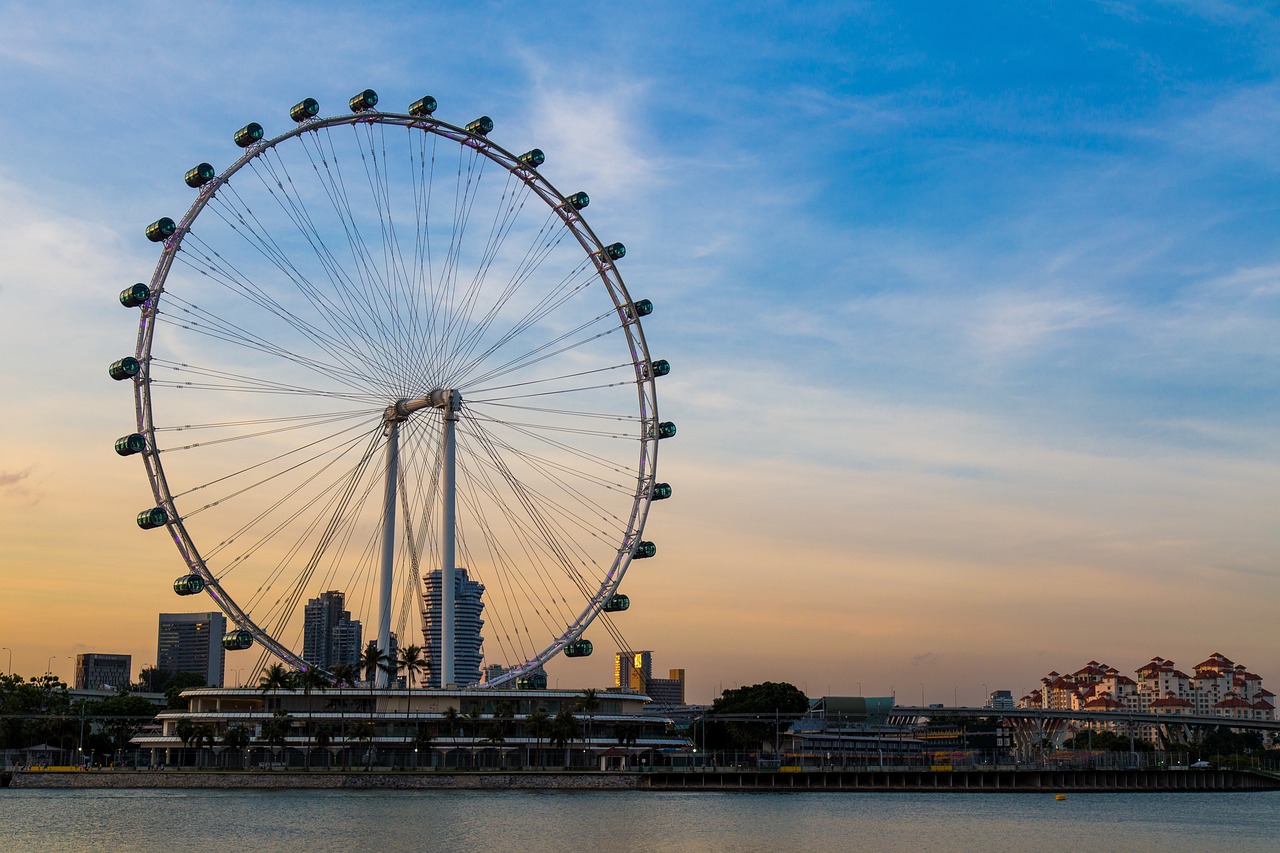Singapore Video
Local Celebrations and Holidays: What to Expect in Singapore
Singapore, a vibrant and diverse city-state in Southeast Asia, is known for its rich cultural heritage and traditions. The local celebrations and holidays in Singapore reflect the multiculturalism of the country, with various ethnic groups having their own unique festivities. From Chinese New Year to Deepavali, Singapore offers a colorful and exciting calendar of events throughout the year. In this article, we will explore some of the most significant celebrations and holidays in Singapore, providing you with an insight into what to expect when visiting this fascinating city.
Chinese New Year
Chinese New Year, also known as the Spring Festival, is one of the most important traditional Chinese holidays celebrated in Singapore. It usually falls between January and February and marks the beginning of the lunar calendar. During this festive period, the streets of Singapore come alive with vibrant decorations, lion dances, and cultural performances. The Chinatown district is particularly lively, with its bustling night markets and street stalls selling traditional Chinese delicacies. Visitors can also witness the spectacular Chingay Parade, which features colorful floats and performances from various ethnic groups.
- Reunion Dinner: The eve of Chinese New Year is marked by a reunion dinner where families gather to enjoy a lavish feast. Traditional dishes such as yu sheng (raw fish salad) and dumplings are commonly served.
- Red Packets: It is customary to give red packets, known as “ang baos,” filled with money to children and unmarried adults as a symbol of good luck and prosperity.
- Fireworks: Fireworks light up the night sky during Chinese New Year, adding to the festive atmosphere. The best vantage points to catch the fireworks display are Marina Bay and the Singapore River.
Hari Raya Puasa
Hari Raya Puasa, also known as Eid al-Fitr, is a significant religious holiday celebrated by Muslims in Singapore. It marks the end of Ramadan, a month of fasting and prayer. During this festive period, Muslims gather for prayers at mosques and visit family and friends to seek forgiveness and exchange greetings. The streets of Geylang Serai, the cultural heart of the Malay community in Singapore, are adorned with colorful decorations and bustling with bazaars selling traditional Malay food, clothing, and handicrafts.
- Open Houses: Muslims often host open houses, welcoming friends and neighbors of all backgrounds to their homes to enjoy traditional Malay delicacies and hospitality.
- Traditional Attire: Many Muslims dress in traditional Malay attire, such as baju kurung for women and baju Melayu for men, during Hari Raya Puasa.
- Ketupat: Ketupat, a traditional Malay rice cake, is a staple during Hari Raya Puasa. It is made by wrapping rice in woven palm leaves and then boiling it.
Deepavali
Deepavali, also known as Diwali, is the Hindu Festival of Lights celebrated by the Indian community in Singapore. It signifies the victory of light over darkness and good over evil. Little India, a vibrant neighborhood in Singapore, becomes the center of festivities during Deepavali. The streets are adorned with colorful lights, and various cultural performances and religious rituals take place.
- Oil Lamps: Oil lamps, called diyas, are lit to symbolize the victory of light over darkness. They are placed in homes and along the streets, creating a beautiful and magical ambiance.
- Kolam: Kolam, intricate patterns made with colored rice flour, are drawn on the ground outside homes as a way to welcome prosperity and good luck.
- Sweets and Snacks: Deepavali is a time for indulging in delicious Indian sweets and snacks. Popular treats include murukku, laddu, and barfi.
Christmas
Although Christmas is not a traditional holiday in Singapore, it is widely celebrated by the local population. The festive spirit can be felt throughout the city, with shopping malls and streets adorned with dazzling decorations. Orchard Road, Singapore’s famous shopping belt, is transformed into a magical wonderland during the Christmas season.
- Christmas Markets: Christmas markets pop up across the city, offering a variety of festive treats, handmade crafts, and unique gifts.
- Christmas Light-Up: Orchard Road is illuminated with stunning Christmas light displays, creating a magical atmosphere for locals and tourists alike.
- Carol Singing: Various carol singing events take place in churches and public spaces, spreading joy and the Christmas spirit.
Singapore Image 1:

Thaipusam
Thaipusam is a Hindu festival celebrated by the Tamil community in Singapore. It commemorates the victory of Lord Murugan over the demon Soorapadman. Devotees participate in a procession, carrying kavadis (elaborate structures adorned with spikes and flowers) as a form of penance and gratitude.
- Piercings and Offerings: Devotees often undergo body piercings and carry offerings such as milk pots and fruits as acts of devotion.
- Procession to Batu Caves: A grand procession takes place from the Sri Srinivasa Perumal Temple to the Sri Thendayuthapani Temple, culminating in a climb up the 272 steps of the Batu Caves.
- Vegetarian Food: Many devotees observe strict vegetarian diets during Thaipusam as a form of purification and penance.
Singapore Image 2:

Dragon Boat Festival
The Dragon Boat Festival, also known as Duanwu Festival, is a traditional Chinese holiday celebrated in Singapore. It commemorates the poet Qu Yuan and involves dragon boat races and the consumption of zongzi (sticky rice dumplings).
- Dragon Boat Races: Colorful dragon boats compete in races along the Singapore River, attracting crowds of spectators.
- Zongzi: Zongzi, made of sticky rice stuffed with various fillings and wrapped in bamboo leaves, is a traditional food enjoyed during the Dragon Boat Festival.
- Traditional Customs: Other customs include hanging up pouches of herbs to ward off evil spirits and wearing colorful silk threads to protect against evil.
Hari Raya Haji
Hari Raya Haji, also known as Eid al-Adha, is a Muslim holiday that commemorates the willingness of Ibrahim (Abraham) to sacrifice his son as an act of obedience to God. Muslims in Singapore perform prayers at mosques and participate in the sacrifice of livestock, which is distributed to the less fortunate.
- Qurban: The sacrifice of livestock, such as sheep or cows, is an integral part of Hari Raya Haji. The meat is distributed among family, friends, and the needy.
- Prayers and Sermons: Muslims gather at mosques to perform prayers and listen to sermons that emphasize the importance of sacrifice, compassion, and gratitude.
- Charitable Acts: Many Muslims engage in acts of charity during Hari Raya Haji, extending help to those in need and strengthening community bonds.
Singapore Image 3:

Vesak Day
Vesak Day, also known as Buddha’s Birthday, is a Buddhist holiday celebrated in Singapore. It commemorates the birth, enlightenment, and death of Gautama Buddha. Devotees visit temples to make offerings, participate in processions, and engage in acts of charity.
- Bathing the Buddha: Devotees pour scented water over Buddha statues as a symbolic act of purification and respect.
- Processions and Chanting: Colorful processions take place, with devotees walking through the streets while chanting Buddhist scriptures.
- Acts of Charity: Many Buddhists engage in acts of charity on Vesak Day, such as donating food, money, or blood to those in need.
Conclusion
Singapore’s local celebrations and holidays provide a unique opportunity to immerse yourself in the rich cultural tapestry of the city-state. From the vibrant decorations and cultural performances during Chinese New Year to the colorful lights and festivities of Deepavali, each celebration offers a glimpse into the diverse traditions and customs of Singapore’s multicultural society. Whether you visit during Hari Raya Puasa, Thaipusam, or any other festive occasion, you can expect a warm welcome and a memorable experience. Make sure to plan your visit accordingly to witness these vibrant celebrations and holidays firsthand.
References
– chinatown.sg (Chinese New Year)
– visitsingapore.com (Hari Raya Puasa)
– visitsingapore.com (Deepavali)
– yoursingapore.com (Christmas)
– visitsingapore.com (Thaipusam)
– visitsingapore.com (Dragon Boat Festival)
– visitsingapore.com (Hari Raya Haji)
– visitsingapore.com (Vesak Day)


